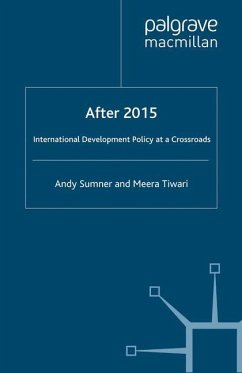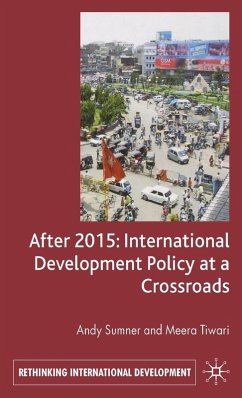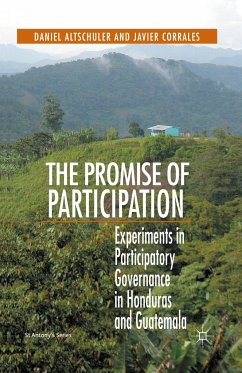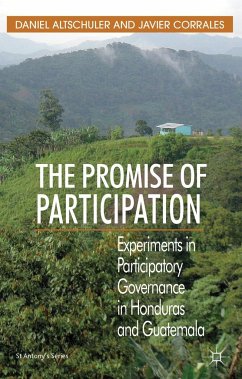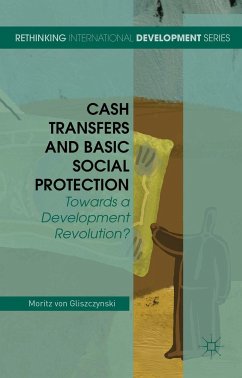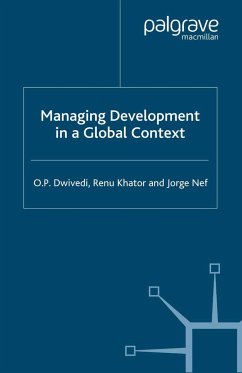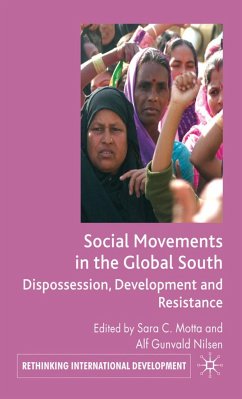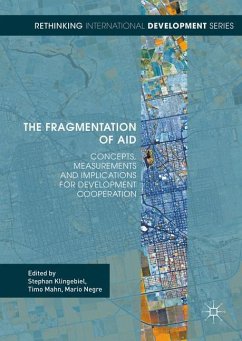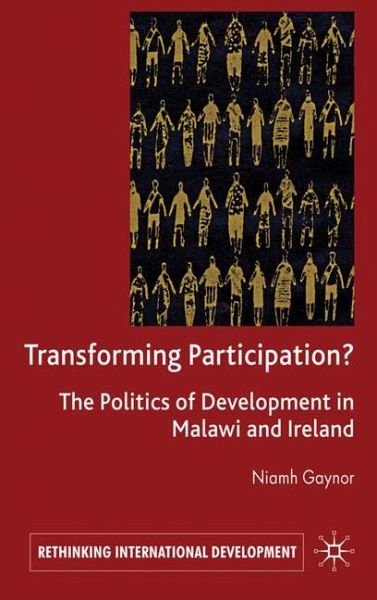
Transforming Participation?
The Politics of Development in Malawi and Ireland

PAYBACK Punkte
19 °P sammeln!
Do participatory processes open a political space to marginalized groups and individuals? Or do they co-opt and coerce groups to reinforce existing inequitable relations? In an innovative comparative study which breaks with tradition this book explores these questions by looking at Malawi and Ireland.





